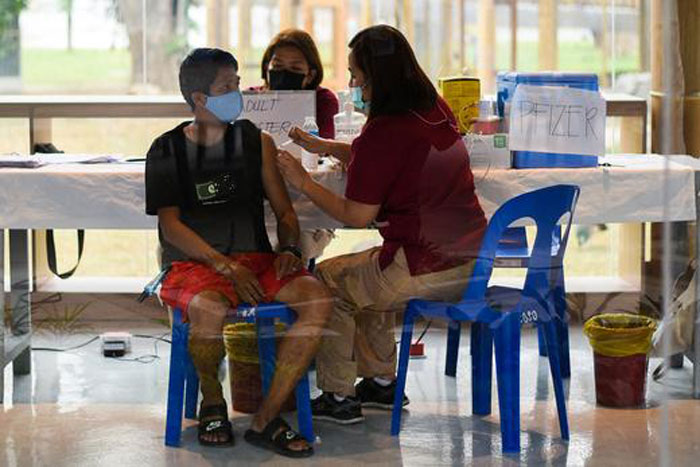The Asian Development Bank (ADB) has maintained its growth outlook for the Philippines this year at six percent.
The ADB’s projection for the Philippines in its Asian Development Outlook 2022 released yesterday is the same as its forecast in December last year, even with the impact and uncertainties brought about by the Russia and Ukraine conflict.
“The December forecast didn’t have the Russia-Ukraine war, so why hasn’t the forecast changed? For countries like the Philippines, if you look at trade linkages with Russia and Ukraine, they’re relatively small. You look at financial linkages, they’re also relatively small.
So in terms of direct channels of impact, it’s not a lot, it will work through those prices, it’s really primarily through inflation,” Abdul Abiad, ADB director of macroeconomics research, said in a virtual briefing yesterday.
“The other thing is… it turns out that the Omicron variant is not as severe and as you can see, the Philippines is really starting to open up, there’s a lot more economic activity taking place so there’s an offsetting factor that opening up from COVID-19 is taking place and that’s going to allow domestic demand to recover,” he added.
The ADB’s growth projection for the Philippines this year though still falls below the government’s own assumption of seven to nine percent .
For 2023, the Manila-based multilateral agency expects the economy to further expand by 6.3 percent.
“Surprisingly, remittances in the Philippines have withstood the COVID-19. What we’re seeing is that there are increasing number of overseas Filipino workers leaving the country simply because more advanced countries are opening up, so they’re ready to accept more workers from the Philippines,” said Dulce Zara, ADB senior regional cooperation officer.
The ADB said inflation is forecast to rise to 4.2 percent in 2022 on pressures from higher global oil and commodity prices due to geopolitical tensions. It is expected to decelerate to 3.5 percent in 2023 as global commodity prices moderate.
“Nearly all indicators point to higher growth for the Philippines this year and in 2023, barring the impact of external factors from geopolitical tensions that may dampen growth globally, including in the country’s key export markets Europe and the United States,” said Kelly Bird, ADB Philippines country director.
“Policies to build the resilience of micro, small and medium-sized enterprises, which play a vital role in the country’s economic recovery, should be strengthened to support the sector’s digital transformation, business innovation, and skills development,” he added.




